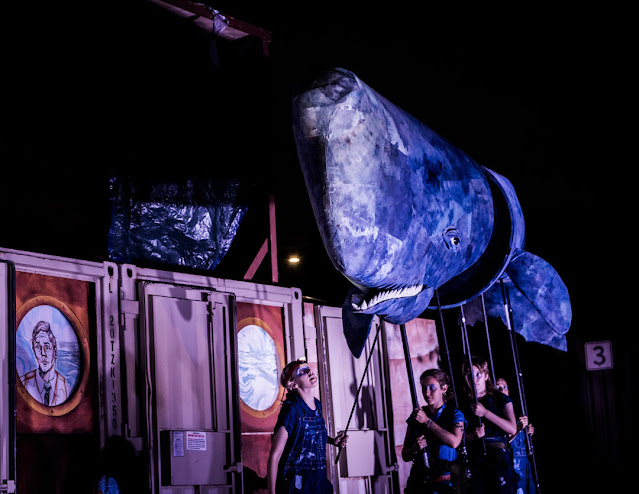“You’ve been served!” bellowed the voice on the other side of my front door after a loud banging that had me jump out of my skin. That was earlier this week.
Beat! beat! drums!—blow! bugles! blow!
Through the windows—through doors—burst like a ruthless force,
Into the solemn church, and scatter the congregation,
Into the school where the scholar is studying,
Leave not the bridegroom quiet—no happiness must he have now with his bride,
Nor the peaceful farmer any peace, ploughing his field or gathering his grain,
So fierce you whirr and pound you drums—so shrill you bugles blow.
Beat! beat! drums!—blow! bugles! blow!
Over the traffic of cities—over the rumble of wheels in the streets;
Are beds prepared for sleepers at night in the houses? no sleepers must sleep in those beds,
No bargainers’ bargains by day—no brokers or speculators—would they continue?
Would the talkers be talking? would the singer attempt to sing?
Would the lawyer rise in the court to state his case before the judge?
Then rattle quicker, heavier drums—you bugles wilder blow.
Beat! beat! drums!—blow! bugles! blow!
Make no parley—stop for no expostulation,
Mind not the timid—mind not the weeper or prayer,
Mind not the old man beseeching the young man,
Let not the child’s voice be heard, nor the mother’s entreaties,
Make even the trestles to shake the dead where they lie awaiting the hearses,
So strong you thump O terrible drums—so loud you bugles blow.
—Walt Whitman
It’s been a strange week over here in Ravenswood. I can't say much due to a pesky non-disparagement agreement, but that's probably for the best. Due to said agreement, I had to axe most of today's blog. It will suffice to say I've had a but of an exhausting battle on my hands. Such a thing can wear on you, but I am here to say that we can overcome. We cannot let haters rent space in our heads for too long. My wish for all of us today is that we focus on the good in our lives. Savor delicious moments. Find joy where we can. Be silly. Take ourselves less seriously.
I’ve turned to poetry, baths, and naps to get there. I took most of this week off to soothe my jangled nerves from a stressful situation.
I found solace in e.e. cummings:
your homecoming will be my homecoming —
my selves go with you, only i remain;
a shadow phantom effigy or seeming
(an almost someone always who's noone)
a noone who, till their and your returning,
spends the forever of his loneliness
dreaming their eyes have opened to your morning
feeling their stars have risen through your skies….
For me, this poem means that I am coming home to myself. Carl Jung’s inner partner; bell hooks’ self-love. I find this to be the only answer to tolerating the warring factions of 2022. I will not trash talk those who unjustly "served" me. I will not trash talk Trump supporters. I will not spew vitriol at people who do not vaccinate. I will feel angry at times, and I will be honest about that anger, and I will do what I can to advocate in small and big ways. Yet I cannot let terrible drums rule my life.
I am moving tomorrow, so I’ll be sitting in a cottage on the north shore (within walking distance to the Music Center of the North Shore where I started learning flutes at age 6), sipping rich coffee with heavy cream and reading the New York Times in quietude. (Of course I’ll read a bit of the Sun-Times first).
I will breathe deeply, hug my parents, my sister, my niece and her father. I will bike to the Botanic Gardens. I will walk to charming downtown squares and find cafes. (No, I will not eat and drink inside yet).
A wise man with the initials NS once reminded me of Milton’s words in Paradise Lost. “The mind is its own place, in itself can make a heaven of hell, a hell of heaven."
May we all find heaven in our minds today.











